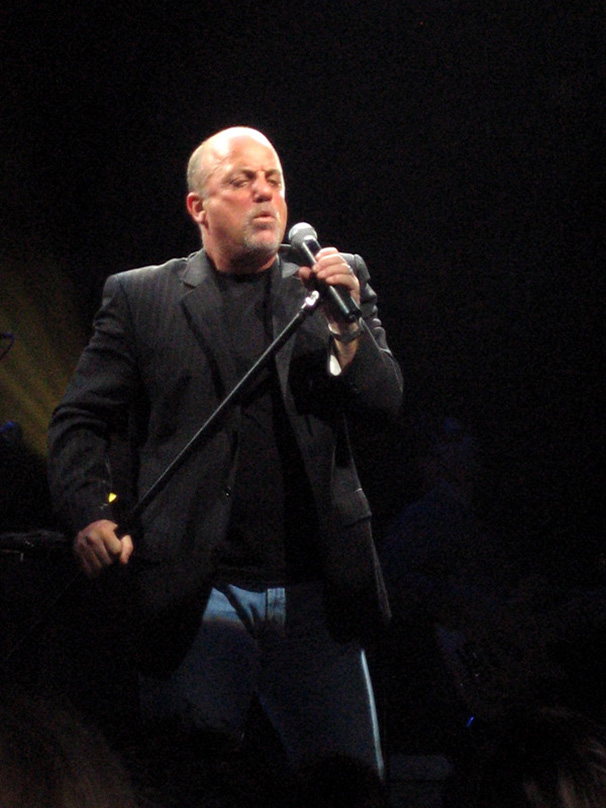
Before an artist’s success was defined by YouTube views or Twitter followers, there existed a time when the music spoke for itself. A musician’s credibility was defined by the mastery of his or her craft.
Though potentially a difficult concept for teenagers of the current generation to grasp, on Feb. 3 Billy Joel reminded onlookers at Madison Square Garden that for the music to move you, sometimes all you need is a piano.
The historic announcement came in December, with Joel and MSG unveiling the plans for him to perform once a month at the venue. The Jan. 27 concert was the first in the series, and dates are set through September with no official end to the residency. These shows mark the first time Joel is touring solo since 2008.
Aiming to capture the essence of his powerful, passionate music, Joel transforms his set for every performance. Certain songs are kept for an element of consistency, such as “New York State of Mind,” “Pressure,” “Miami 2017” and “Allentown.”
However, Joel did not hesitate to catch the crowd — one that peaks at an 18,200-person capacity — off guard, altering his set with numbers he doesn’t typically perform.
Before delighted audience members, Joel performed both “The Downeaster Alexa” and “Captain Jack” in an unprecedented rarity. Since 1980, Joel has virtually removed “Captain Jack” from his setlist.
The decision to include unexpected songs led to the removal of classics such as “We Didn’t Start the Fire,” but the audience didn’t seem to mind.
As Joel concluded the set with “Piano Man” and an encore featuring “Big Shot” and “It’s Still Rock and Roll to Me,” the reverberating echoes of audience members’ voices synchronized with Joel’s heartfelt lyrics, reinstating the music’s power and reminding everyone of its ability to make thousands of strangers feel as if they are a unified body.
Watching an artist like Billy Joel captivate thousands resonates with audiences on a greater scale than the average concert. While the acts that play at MSG are usually big moneymakers, Joel’s performance urges us to recall that music is not just about capital, fame or gimmicks.
During his residency at Madison Square Garden, Billy Joel has reminded audiences of music’s core purposes — to heal, to move and to bring people together. Nowadays, it is easy to define an artist’s success by his or her social media presence. Yet Joel, in front of sold-out audiences once every month, demonstrates an immeasurable, intangible success to which social media presence simply cannot compare.
A version of this article appeared in the Thursday, Feb. 6 print edition. Alexa Spieler is a staff writer. Email her at [email protected].




















































































































































